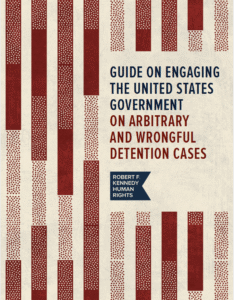The media profession in Zimbabwe is once again under siege. During the past week, four newspaper journalists have been arrested, and three of them charged with slander, in a country already notorious for systematic violations of human rights. On the surface, this latest crackdown might be expected, or at the least, not altogether surprising given the long and troubled history of abuse, torture, and intimidation against journalists, including the firebombing of media houses. That is, of course, until we learned that those arrested are employees of the state-controlled Zimbabwe Newspapers Ltd., which has helped to provide cover for a blatantly abusive regime over the course of three decades, and has disparaged the many rightful critics of President Robert Mugabe and his coterie.
There is of course a serious twist of irony here. Indeed, the sight of handcuffedstate media journalists — who have shamelessly espoused pro-Mugabe platitudes and whose colleagues have irresponsibly penned smear campaigns and innuendo (including against yours truly) — has caused some in Zimbabwe to revel in their predicament. These sorts of reactions, as emotional and raw as they might be, are unfortunate. The principles of free speech and freedom of expression, apply to everyone, equally, regardless of one’s employer, political affiliation, or otherwise. Zimbabwe’s own constitution, in section 61(2), enshrines the “freedom of expression and freedom of the media,” not to mention a host of international and regional legal conventions that Zimbabwe has both signed and ratified.
As the popular Shona proverb with biblical roots reminds us: For if they are doing these things with green wood, what will happen with the dried? In a similar vein, the still resonant warning from Martin Niemöller should provoke self-reflection and a personal inventory of the values we ostensibly proclaim to champion. In other words, no one is currently safe in Zimbabwe, and more importantly, those who genuinely value and uphold the inherent right to free expression are fighting on the same side.
To my mind, this week’s arrests in Zimbabwe should be viewed within a context that is defined by a reinvigorated and broader assault on basic human rights. Recall that activist and journalist Itai Dzamara has now been missing for eight months, during which the Mugabe government has shown callous indifference for his fate. Add to this the continued legal persecution and harassment of Zimbabwe’s best known human rights lawyer, Beatrice Mtetwa, and an ominous picture begins to emerge of a regime that is seemingly intent on disposing of its critics by any means necessary.




